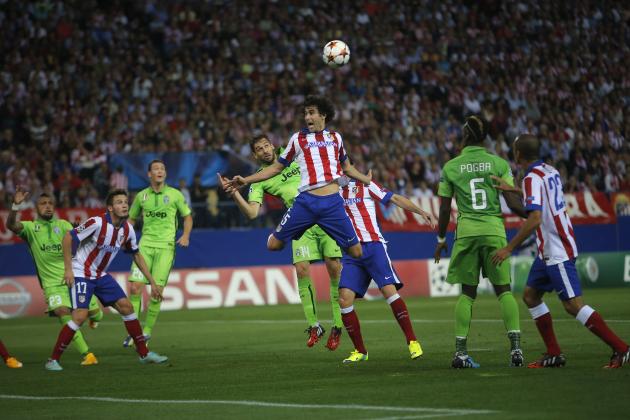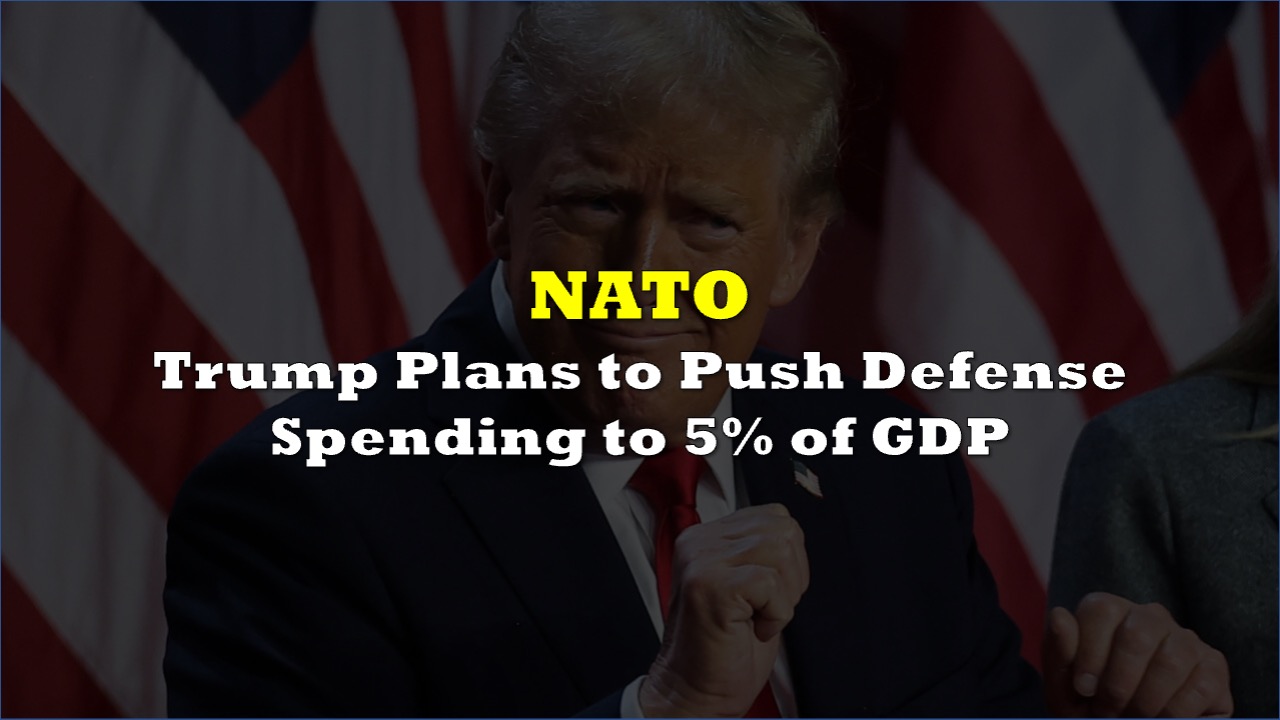Rome's Victor: Beyond The Win, A Legacy In The Making

Table of Contents
Military Prowess and Strategic Brilliance as a Foundation of Victory
Military might formed the bedrock of any successful Roman leader. A "Rome's Victor" wasn't merely a fortunate general; they were masters of military strategy, commanding legions with unparalleled skill and leading them to decisive victories. Their success wasn't simply brute force; it was a calculated blend of tactical innovation and unwavering leadership.
-
Examples of successful military campaigns: Julius Caesar's Gallic Wars, showcasing his innovative siege tactics and masterful use of combined arms, stand as a prime example. Similarly, Augustus's shrewd military campaigns consolidated power and brought stability to a volatile post-Republican Rome.
-
Description of innovative military tactics used: The Roman army was renowned for its discipline, organization, and adaptable tactics. "Rome's Victors" often refined existing strategies or introduced new ones to outmaneuver their opponents, utilizing superior logistics and engineering skills to overcome challenges.
-
Analysis of the leader's strategic decision-making process: Effective commanders like Scipio Africanus understood the importance of assessing the enemy's strengths and weaknesses, choosing their battles strategically and maximizing their advantages. Their decisions often involved careful calculation of risks and rewards.
-
Assessment of the leader's impact on Roman military doctrine: The victories of "Rome's Victors" weren't isolated incidents; they often led to refinements in military doctrine, impacting recruitment, training, and the overall effectiveness of the Roman army for generations to come.
Political Maneuvering and the Consolidation of Power
Military success was only the first step. True "Rome's Victors" understood the delicate art of Roman politics. They expertly navigated the complex web of senatorial alliances, popular support, and often, ruthless power plays to solidify their position. This involved astute diplomacy, strategic alliances, and the ability to manipulate political currents to their advantage.
-
Key political strategies employed to maintain power: Augustus, following the chaotic end of the Republic, masterfully utilized propaganda and carefully cultivated relationships with the Senate to establish the principate, a system of rule that masked authoritarian power with the facade of republican tradition.
-
Analysis of relationships with the Senate and other influential figures: The Senate's power and influence needed to be managed, not necessarily destroyed. Skilled "Rome's Victors" balanced power dynamics, creating alliances and neutralizing opposition through shrewd negotiation and political compromise.
-
Description of significant legislative achievements: Many successful Roman leaders implemented crucial legislation, reforming existing laws or establishing new ones that strengthened the Empire's legal framework and governance.
-
Assessment of the leader's lasting impact on Roman governance: The political acumen of "Rome's Victors" significantly impacted the structure, function, and stability of Roman governance, shaping the political landscape for centuries.
Economic and Infrastructure Development: A Legacy of Prosperity
The legacy of a "Rome's Victor" extended beyond military and political achievements. Many prioritized economic prosperity and infrastructure development, recognizing the vital connection between economic strength and political stability. Their actions fostered trade, boosted agricultural production, and created impressive public works projects that benefited the entire Empire.
-
Key infrastructure projects (roads, aqueducts, etc.): The vast network of Roman roads, a feat of engineering, facilitated trade and communication, showcasing the practical benefits of their rule. Aqueducts provided clean water to burgeoning cities, contributing to public health and improving quality of life.
-
Economic policies that stimulated growth: Trade policies, tax reforms, and investments in agriculture were common strategies employed to stimulate economic growth, ensuring the prosperity of Rome and its citizens.
-
Impact on trade and commerce: The flourishing of trade and commerce enriched the empire, bringing prosperity and spreading Roman influence across its vast territories.
-
Long-term economic consequences of their actions: The economic policies and infrastructure investments of "Rome's Victors" had profound and lasting consequences, shaping the economic landscape of the Roman world for generations to come.
Cultural and Social Impact: Shaping Roman Identity
"Rome's Victors" often left an undeniable imprint on Roman culture and society. Their patronage of the arts and literature enriched the cultural tapestry of Rome, while social reforms and policies often reflected their commitment to improving the lives of their citizens.
-
Patronage of arts and literature: Many Roman leaders actively patronized artists, writers, and poets, contributing to the flourishing of Roman literature, architecture, and sculpture.
-
Impact on religious beliefs and practices: The relationship between Roman leaders and religion was complex and varied, impacting religious practices and beliefs across the empire.
-
Social reforms introduced: Some "Rome's Victors" implemented significant social reforms, addressing issues like poverty, inequality, and social unrest.
-
Lasting influence on Roman culture and values: The actions and policies of these leaders had profound and lasting effects on Roman culture and values, shaping its identity and leaving a legacy that extended far beyond their lifetimes.
Conclusion
The true legacy of "Rome's Victor" encompasses far more than just battlefield victories. Their enduring impact lies in their ability to consolidate power, build economic prosperity, and leave a lasting imprint on Roman culture and society. Their achievements – in military strategy, political maneuvering, infrastructure development, and cultural enrichment – combined to shape the Roman Empire and profoundly influence the course of Western civilization. Learn more about the remarkable legacies of other influential figures in Roman history – explore the lasting impact of other Rome's Victors and delve deeper into the fascinating world of the Roman Empire!

Featured Posts
-
 Real Madrids 2 1 Champions League Win Over Atletico Match Report
May 28, 2025
Real Madrids 2 1 Champions League Win Over Atletico Match Report
May 28, 2025 -
 Nato Nations And The 2 Gdp Defense Spending Commitment
May 28, 2025
Nato Nations And The 2 Gdp Defense Spending Commitment
May 28, 2025 -
 Prakiraan Cuaca Jawa Tengah 23 April Waspada Hujan Lebat
May 28, 2025
Prakiraan Cuaca Jawa Tengah 23 April Waspada Hujan Lebat
May 28, 2025 -
 Le Samsung Galaxy S25 Ultra 256 Go A 953 75 E Test Et Comparatif
May 28, 2025
Le Samsung Galaxy S25 Ultra 256 Go A 953 75 E Test Et Comparatif
May 28, 2025 -
 Tuesday Mlb Player Props Stowers And Flores Predictions May 20
May 28, 2025
Tuesday Mlb Player Props Stowers And Flores Predictions May 20
May 28, 2025
